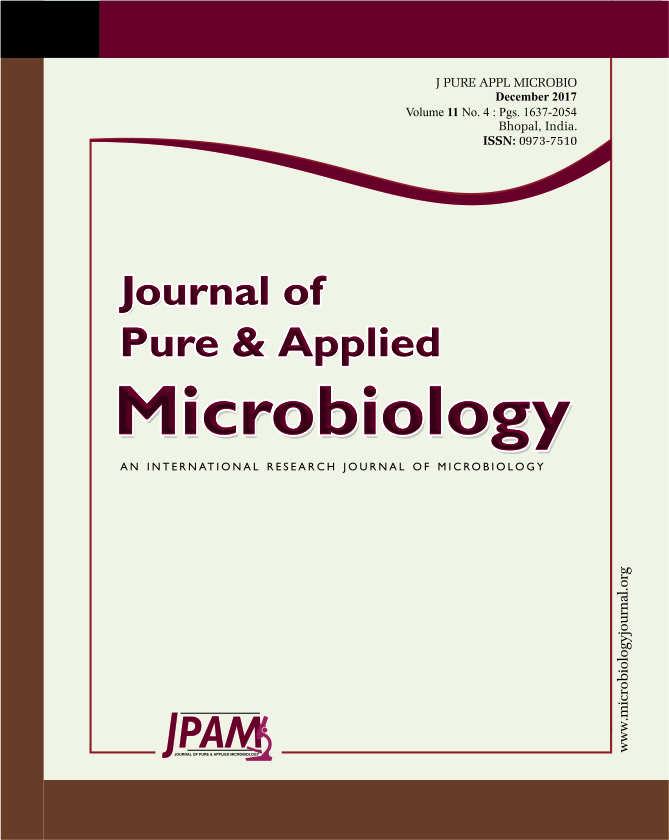Escherichia coli clones, designated as extraintestinal pathogenic E. coli (ExPEC), are responsible for extraintestinal infections. Phylogenetic analysis has shown that E. coli is composed of four main phylogenetic groups (A, B1, B2 and D) and six subgroups (i.e. A0, A1, B22, B23, D1 and D2). Group A and B1 are generally associated with commensals, whereas group B2,D is associated with extra-intestinal pathotypes. In the present study, a total of 53 E. coli isolates, isolated from human clinical samples, were used. Phylogenetic grouping was done based on the PCR method using primers targeted at three genetic markers, chuA, yjaA and TspE4.C2. According to PCR-based phylotyping, subgroup B23 contained the majority of the collected isolates (40 isolates, 75.47%), followed by subgroups A1 and B22 (4 isolates for each subgroup, 7.55%), followed by subgroups D2( 3 isolates, 5.66%) and A0, D1 (1 isolate for each subgroup, 1.88%). No isolates were found to belong to group B1. Based on the results, the majority of isolates were extra-intestinal pathotypes. Therefore, the role of E. coli in human infections including urinary tract infections, septicemia, vaginitis and meningitis should be considered for further research.
Escherichia coli, Clinical Samples, Iraq.
© The Author(s) 2017. Open Access. This article is distributed under the terms of the Creative Commons Attribution 4.0 International License which permits unrestricted use, sharing, distribution, and reproduction in any medium, provided you give appropriate credit to the original author(s) and the source, provide a link to the Creative Commons license, and indicate if changes were made.


